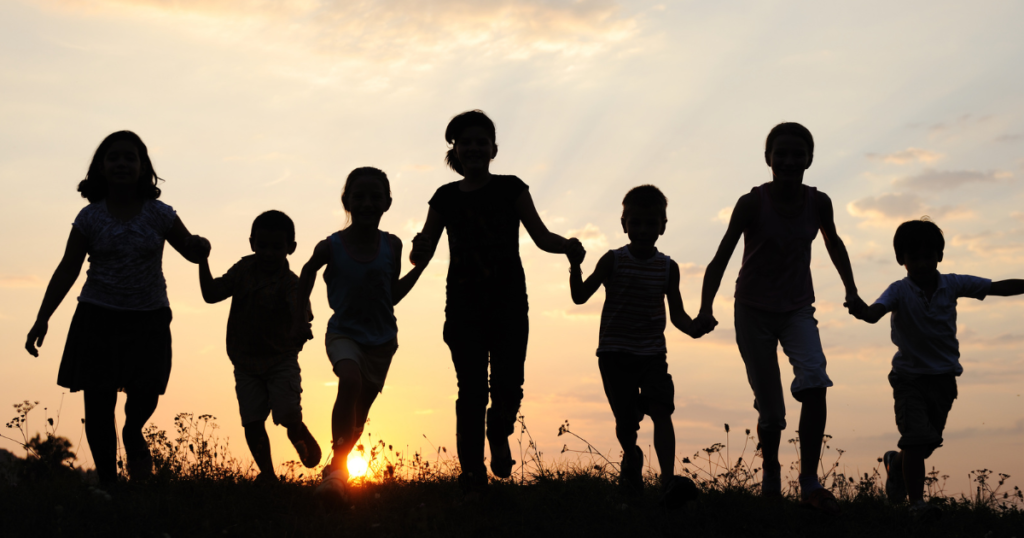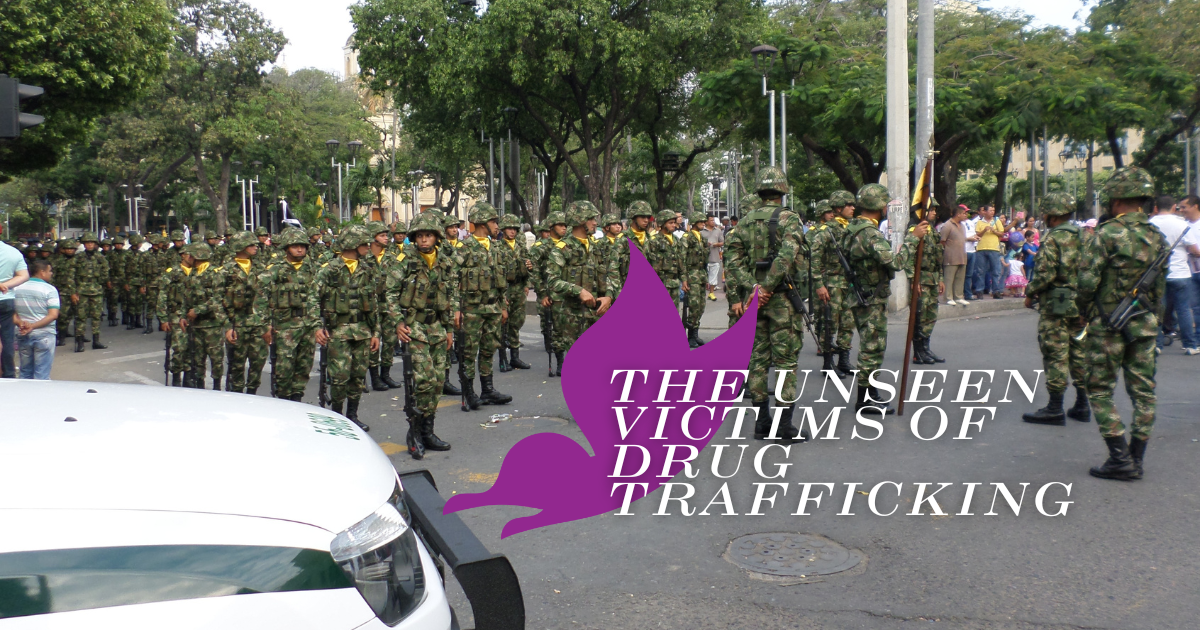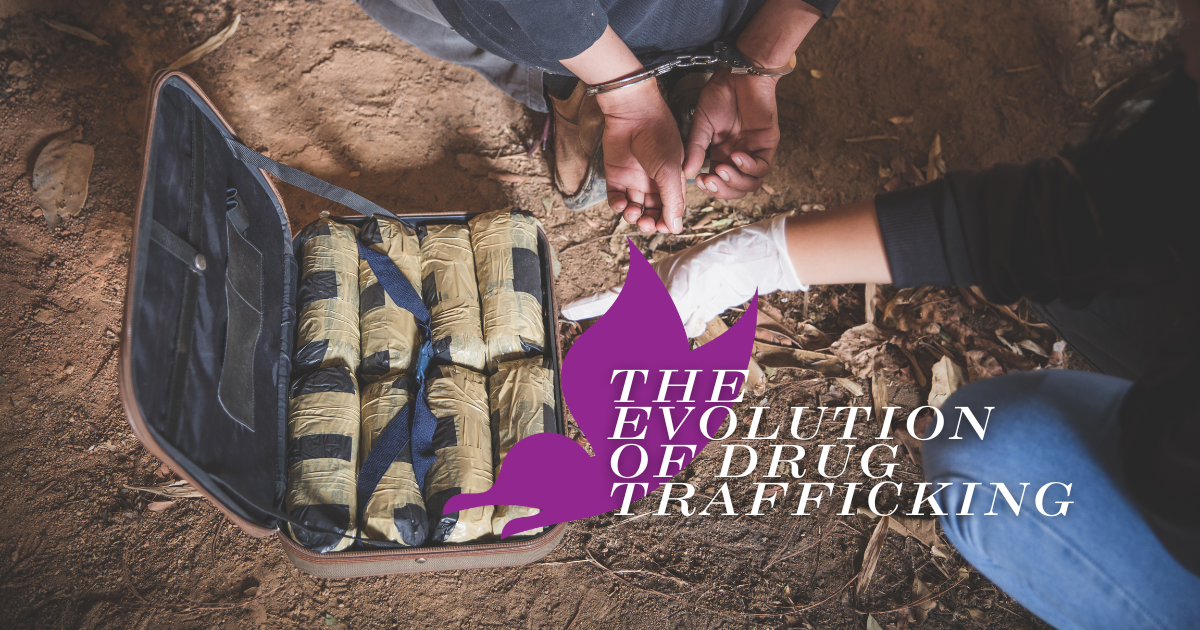Adverse Childhood Experiences Increase Risk of Substance Use
There’s a wave of substance use disorders that will be crashing over the nation during the next decade. Fueled by a rise in adverse childhood experiences, strengthened by the COVID-19 pandemic, this wave is something we cannot stop, but could potentially weaken. Getting ahead of it requires tough conversations, problem solving and a deeper understanding of what our children are going through. Now that life appears to be returning to some sort of normalcy, as most people are no longer isolating at home, can we talk about the kids?
Thousands of children had no escape from abuse and neglect during the last two years. With schools shut down during the first months of the pandemic, and then classrooms moving online, there was no place for these kids to find respite. Teachers and school officials are often the ones who first notice signs of neglect or abuse. They might see bruises on a child’s arm, catch them falling asleep in class or hear their hungry stomachs growl. Schools also offer children connections with safe adults who can help guide and protect them. Most interventions take place on school grounds, with counselors and trained professionals stepping in when needed.
With children logging into classrooms in their homes it has been difficult for teachers to see what might be going on. It is hard to get a good look at students through a screen and it is even harder to have serious conversations with children about possible abuse, especially if a suspected abuser is right there in the room with them. Emerging research suggests that parents experiencing social isolation are more verbally aggressive, neglectful and even more likely to physically punish their children, according to the National Library of Medicine.
Researchers from the health organization Kaiser Permanente and the Centers for Disease Control and Prevention conducted a study on the impacts adverse childhood experiences (ACE) have on an individual’s health and well-being as an adult. These experiences can include emotional, physical, and sexual abuse, divorce or substance use in the home, being left alone for long periods of time or not getting enough to eat. The ACE study found that children who experience abuse and neglect are more likely to develop chronic health problems, mental illness and substance use problems in adulthood.

Impact of ACEs
More than 60% of adults surveyed in the Kaiser/CDC study reported they had experienced at least one adverse childhood experience before turning 18. Nearly one in six people reported they had experienced four or more ACEs. The study also determined that women and racial/ethnic minority groups were at greater risk for experiencing four or more types of ACEs. The estimated economic and social impact ACEs have on families, communities, and society totals hundreds of billions of dollars each year. These impacts include job loss, broken relationships, premature death, and substance abuse.
Research shows that children exposed to toxic stress, including parents engaging in domestic violence, drug use, and verbal abuse experience developmental delays, including problems with immune systems. Toxic stress can impact the brain, causing shortened attention spans, impulsive behaviors, poor decision-making skills, and the inability to cope with stress in a healthy way. They also do not develop healthy coping skills, making them more likely to turn to substance use or other instant gratification behaviors to deal with adversity, sorrow, or negative emotions.

Preventing Adverse Childhood Experiences
The CDC created an ACEs prevention guide which outlines several strategies. The best way to prevent, or at least reduce, ACEs is by creating a stable, nurturing environment for children. Teachers, family members and friends can lessen immediate and long-term impacts of abuse by intervening as early as possible. Victim-centered services, family-centered treatment and mentoring programs are crucial. We must promote social norms that protect against violence and neglect. This includes providing treatment to parents who are dealing with an addiction to drugs or alcohol.
One of the ways we can all help ensure better long-term outcomes is by connecting kids to caring adults and activities. Schools are the best places for this, but not the only places. Caring adults can include teachers, coaches, neighbors or community volunteers. Participating in activities like sports, after school programs, clubs and hobbies helps ground children and exposes them to more positive experiences. This can buffer against parental absence or other problems at home.

Landmark Recovery and other addiction treatment service providers are just one piece of the puzzle we can collectively solve to reduce adverse childhood experiences and give our kids a better start to life. The more we focus on changing norms, environment, and behaviors the better chances we have at creating brighter futures for the youngest members of our communities.
If you or someone you know can’t stop using drugs of alcohol give Landmark Recovery a call at 888-448-0302 and speak with an admissions specialist today about treatment options. We offer a variety of programs to meet every budget.




